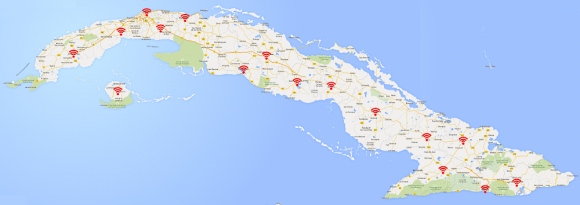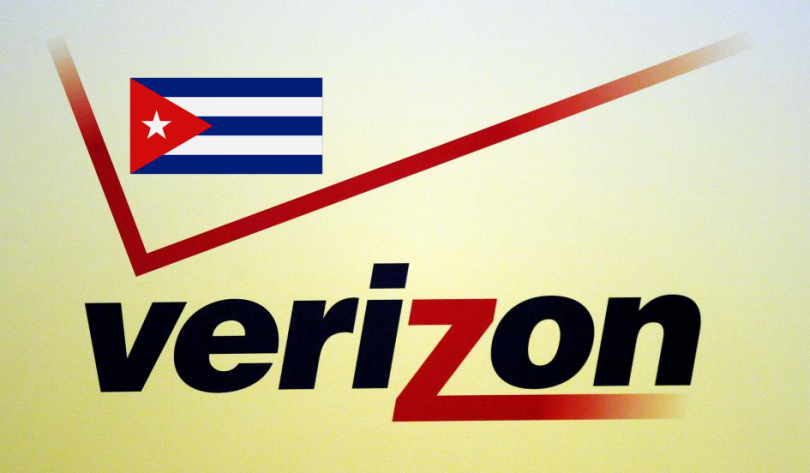aNewDomain — Verizon recently announced that it would be the first carrier to provide international cellular calls and roaming data in Cuba. Calls will cost $2.99 per minute and operate on 2G, while data roaming will cost $2.05 per megabyte. This new corporate model of connectivity is indicative of President Barack Obama’s continual restructuring of the U.S. embargo in Cuba. Not only will Verizon offer roaming, but some U.S. companies will be allowed to have offices in Cuba.
— Verizon recently announced that it would be the first carrier to provide international cellular calls and roaming data in Cuba. Calls will cost $2.99 per minute and operate on 2G, while data roaming will cost $2.05 per megabyte. This new corporate model of connectivity is indicative of President Barack Obama’s continual restructuring of the U.S. embargo in Cuba. Not only will Verizon offer roaming, but some U.S. companies will be allowed to have offices in Cuba.
Big news? Sort of …
While it seems like big news (and it is, to a degree) Verizon’s coverage will be limited to a few locations. And, while the rates do seem steep, many of Cuba’s roaming customers will be non-Cubans (tourists, individuals living abroad, etc.). The bigger issue is that Verizon marks a separate point of Internet and cellular access, previously provided by ETECSA, Cuba’s corporate/government entity for all things telecommunication. Does Verizon’s split foreshadow ETECSA’s strategy?
The future of Internet in Cuba hinges on ETECSA’s policy, which can be guessed at, but is a relatively unknown figure. If its goal is to maximize profit or government revenue, ETECSA’s monopoly will lead to a conservative infrastructure investment, poor service and, of course, high prices.
Another interesting question has been raised by a reader — how does ETECSA plan to handle the data? The high prices and with relatively few users, the volume of data probably won’t be an issue, but what about coverage and connectivity?
 I have talked about the Cuban backbone of Wi-Fi connectivity for months and concluded that there must be connectivity from every city with an access point to the cable landing at the eastern end of Cuba. Nearly 100 percent of Cuba’s international traffic is routed over the cable today, so it must come from there.
I have talked about the Cuban backbone of Wi-Fi connectivity for months and concluded that there must be connectivity from every city with an access point to the cable landing at the eastern end of Cuba. Nearly 100 percent of Cuba’s international traffic is routed over the cable today, so it must come from there.
But how many of ETECSA’s cell towers are able to reach the backbone? How many are able to handle 3G data? Looking at Cuba’s annual ICT statistical report, we see that the percent of the population with (predominantly 2G) cell phone coverage has barely increased since 2010 and it has been flat at 85.3 percent since 2012.
While Verizon customers may be able to make $2.99 per minute 2G calls, it seems their $2.05 per megabyte data service will be limited to few locations.
Like the Netflix offering, this is a symbolic start, but, as we have seen — in a nation with nearly no Internet access, a little bit gets a lot of hype.
For aNewDomain, I’m Larry Press.
Ed: A version of this story ran on Larry Press’ laredcubana. Read it here.













